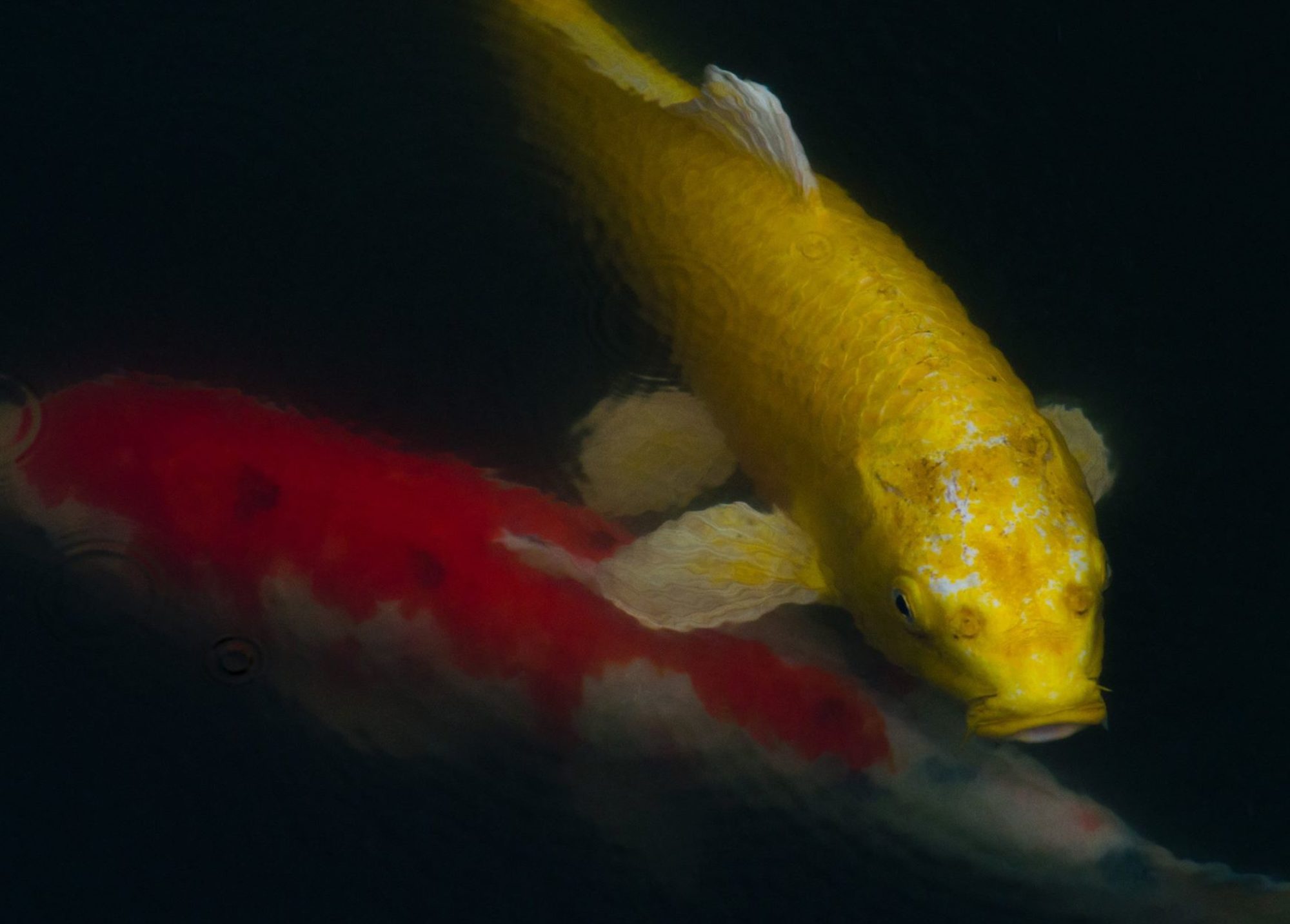“We cannot change anything until we accept it. Condemnation does not liberate, it oppresses. Change the changeable, accept the unchangeable, and remove yourself from the unacceptable.”
Jung
How do we bring about change in ourselves and in the world? To change a Rubik’s cube requires knowledge of the object and the way it moves. You must also know how to use your hands and how your movements effect the cube. If you study the patterns carefully, you can learn to put the cube in very particular states. If you study the inner workings, with the right tools you could even take it apart and reconstruct it.
If we wish to bring about change, we must first come to know that which we hope to change. Knowledge begins with observation. Unbiased and non-judgemental observation is a skill that helps us to perceive things as they are. We can direct this attention within to learn about our own nature and habits, or without to gain insight about the movements of the world. Hidden within this ability is the necessity of acceptance. In order to observe things clearly, we must release our preconceptions and have the courage to accept things as they present themselves.
In the martial art Aikido, we learn to bring about change without opposition. Techniques in this art seek the path of least conflict. (Ai) means harmony, (Ki) means energy, and (Do) is the way; Aikido is the way of harmonizing energies. So when the energy of an attacker is thrust upon you, rather than contend the attack directly, you step off center and align your own energy with theirs. From this place of alignment and balance, you can direct the flow of your attackers energy. You have the power to bring about peaceful resolution.
Aikido teaches us the counterintuitive lesson that opposition is not the best way to bring about change in ourselves or in the world. Instead, knowledge, acceptance, alignment and balance will be our tools for transformation. To bring about change within ourselves, we must first come to know ourselves and find acceptance for who we are. We must align our perception of ourselves with reality and find a place of balance from which to move.
It helps to loosen our grip on narrative and identity. Instead of attaching to the story of who you are and why you feel the way you do, simply ask yourself, “where am I feeling this emotion in my body? What is the real substance of that feeling?” and open yourself up to the experience.
Most of the suffering of challenging emotions arises from resistance to them. Just as blocking a punch with an opposing force is more likely to damage your material body, blocking a negative thought or emotion with an opposing force is more likely to damage your mind and spirit. So when we can open up to the emotion and feel into it, we harmonize with things as they are. Rather than trying to deny the reality of our experience or wishing for it to be another way, we can find acceptance.
It is from this stance, in balance and present with the truth of things, that we can start to direct the flow towards peaceful resolution. By accepting challenging emotions in our hearts, we can relax some of the tension that amplifies our suffering. If one wanted to change the state of a Rubik’s Cube, but they could not accept the reality of its current state, they would have no success.
Let us learn to accept ourselves and the world as it is so that we can align and move towards the positive change we wish to see. Let us not oppose that which we despise, but rather seek to understand it, for it is not through aggression and destruction that we find resolution, but through acceptance and realignment.


